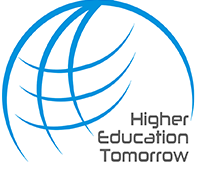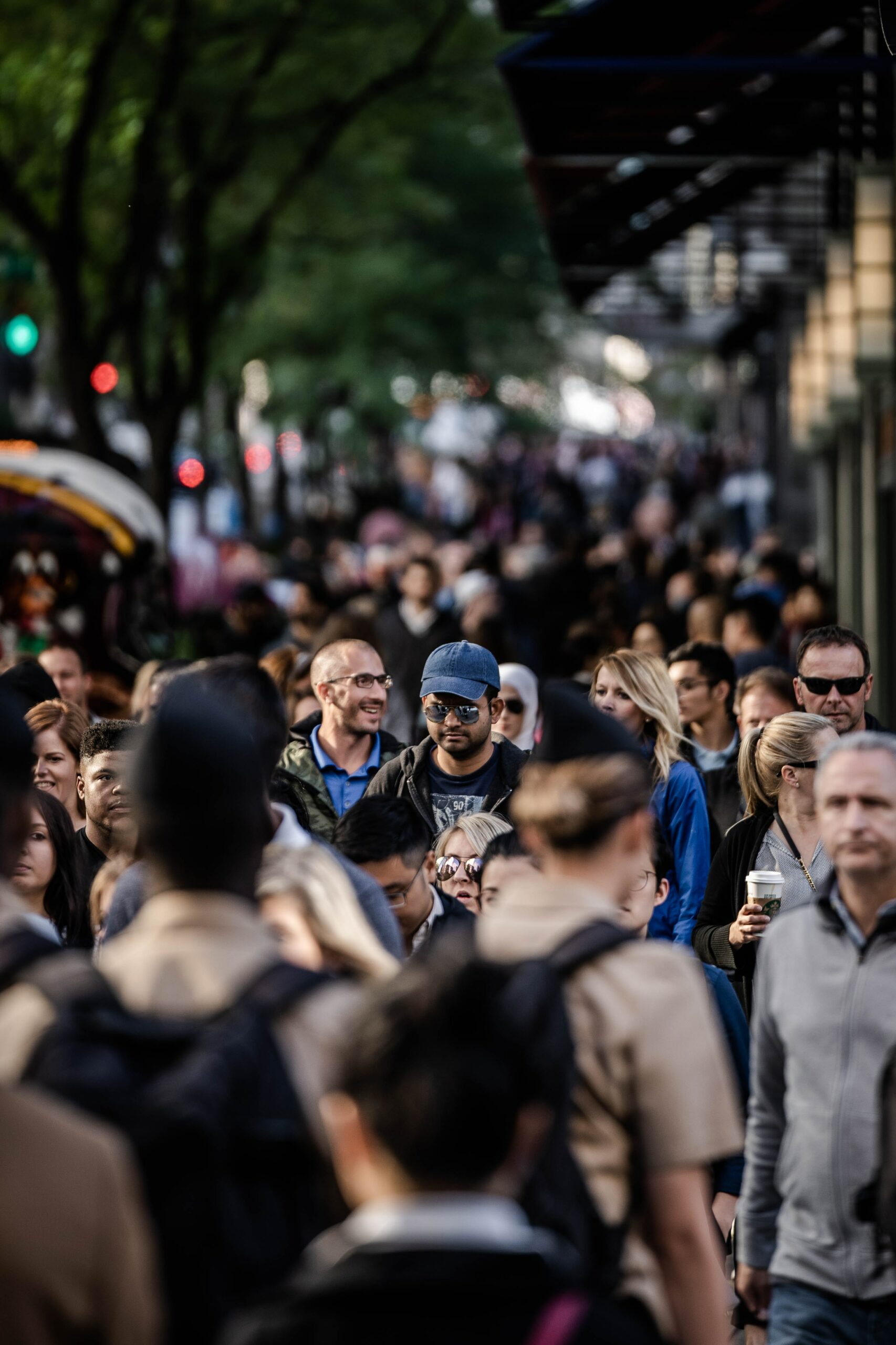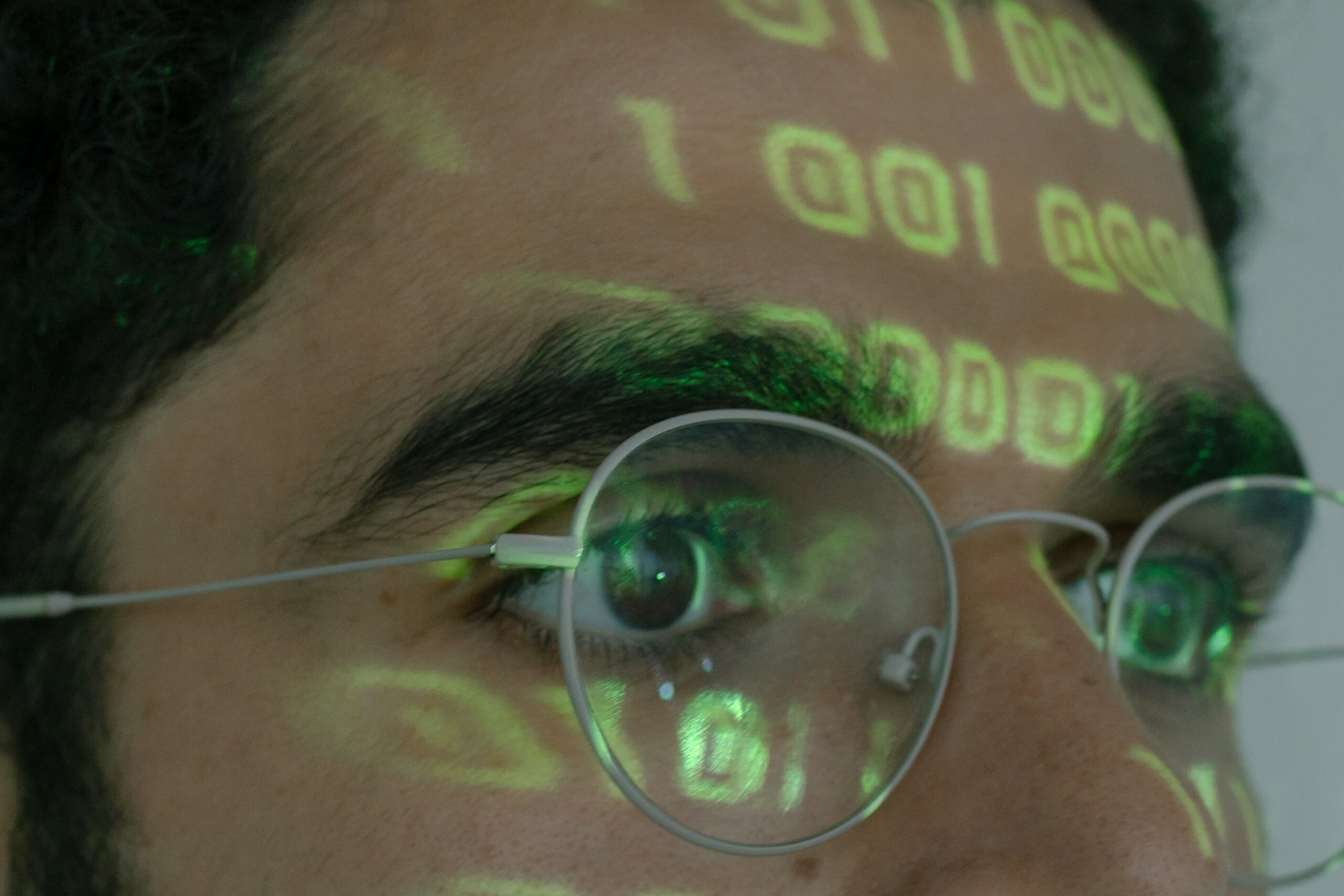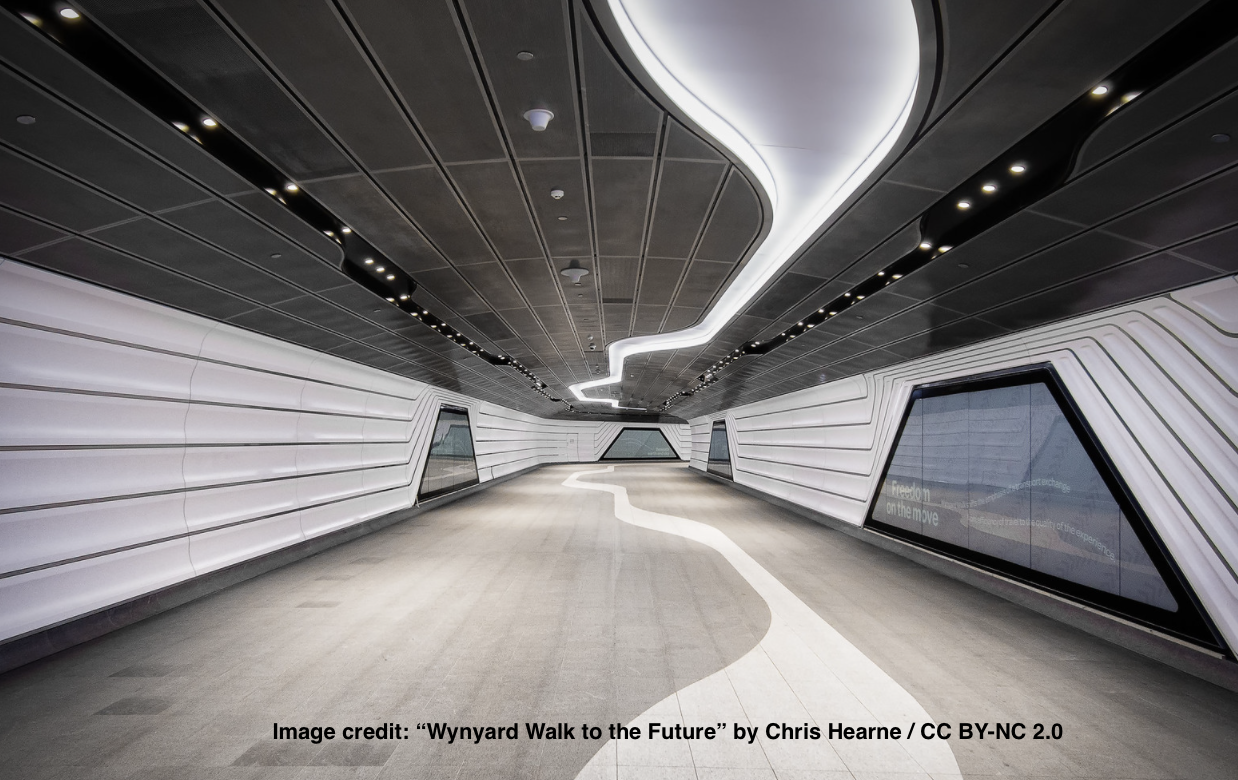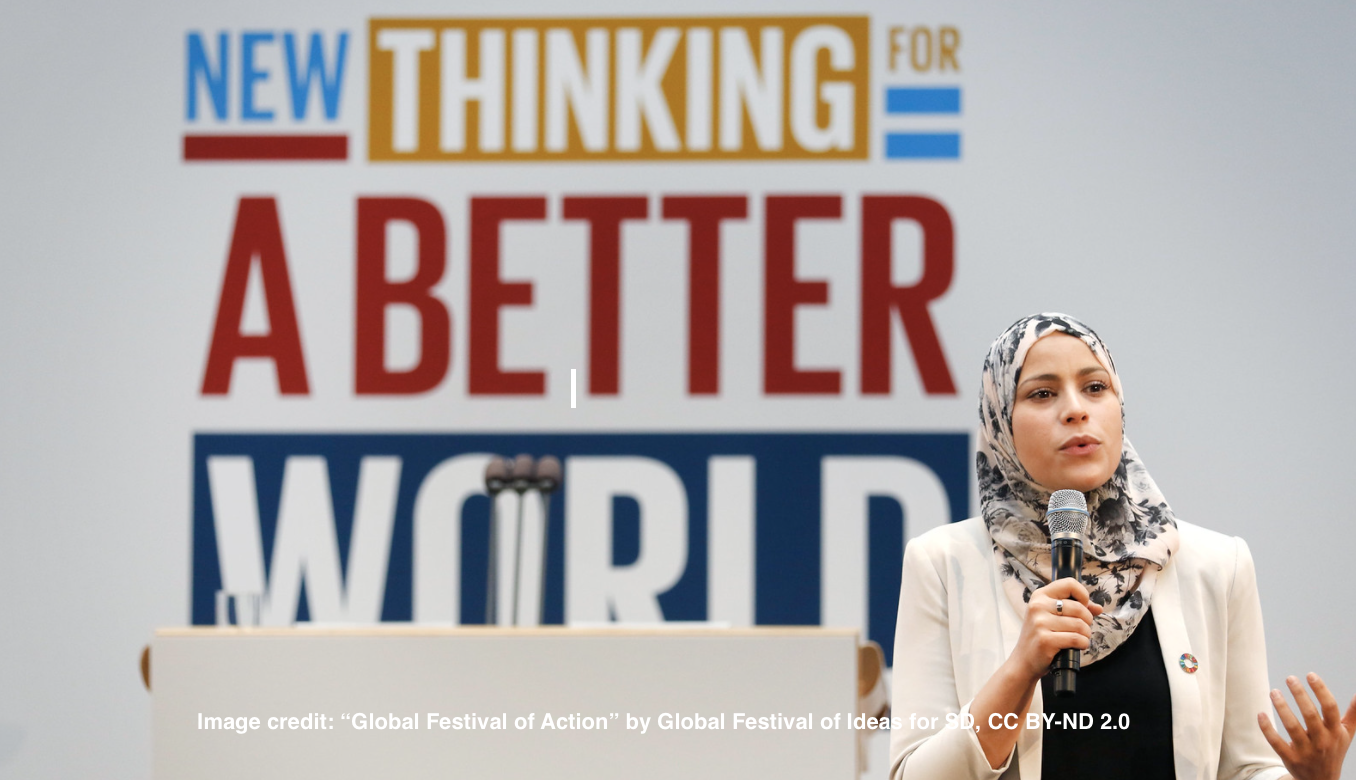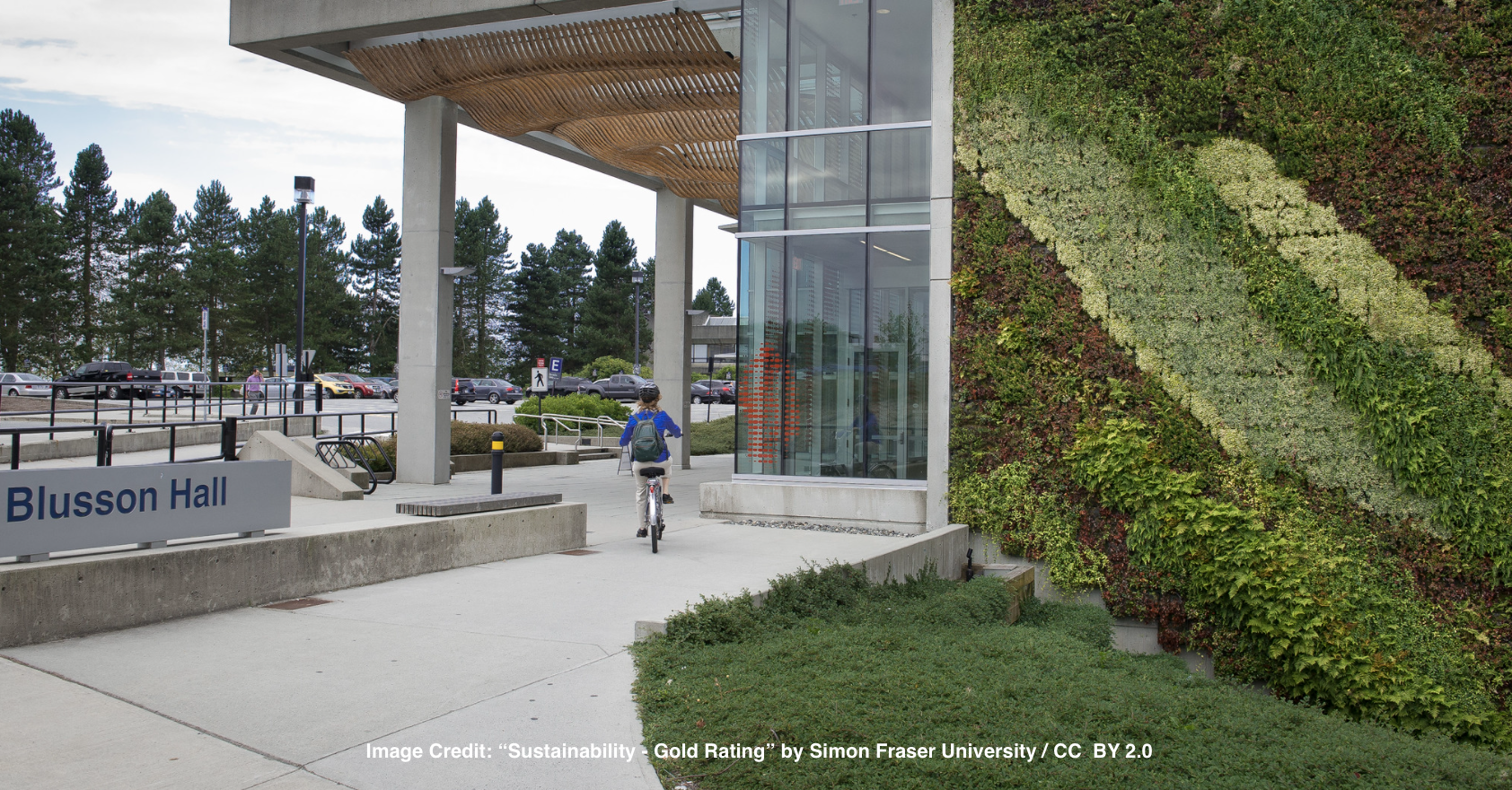Humans are Extraordinary, but Need a Change in Mindset
Humans are Extraordinary, but Need a Change in Mindset Patrick Blessinger, Abhilasha Singh, Fareeda Khodabocus, and Amudha Poobalan Humans are an extraordinary species in many ways. From their modest beginnings along the East African Rift many millennia ago, humans have evolved to develop some remarkable traits – physical, mental, and social. As a result, not only have humans become the most dominant species on the planet, but they have also become by far its most intelligent, imaginative, adaptable, and resourceful species. This outcome is the result of some very fortuitous events that have happened to humans along their evolutionary pathway. Over the course of their evolution, humans have hit the evolutionary super jackpot several times (perhaps a one hundred trillion to one outcome) when they developed the following advantageous traits, among others: bipedalism, opposable thumbs, the hyoid bone, and, consequently, big and powerful brains. For example, bipedalism is likely the foremost characteristic that put hominids on [...]

